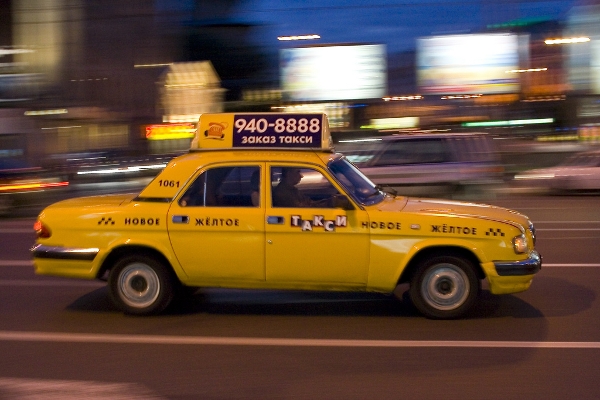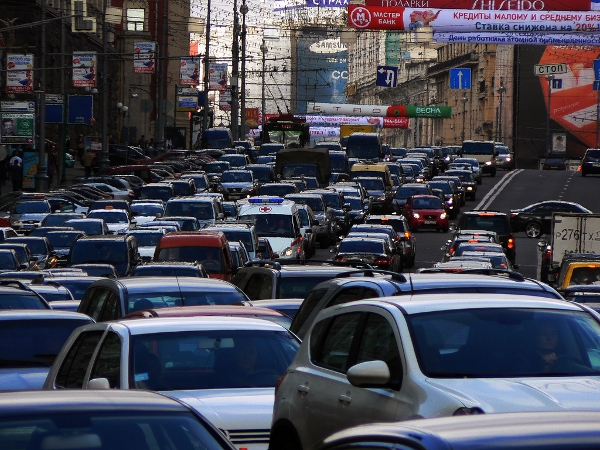In news from the Moscow Times, tourism to the Russian Federation has taken a hit this year so far as excessive costs and red tape have stifled European inbound travel there. According to the newspaper, the first quarter of 2011 saw a 24% decline in tourists from Europe. With the Sochi Olympic just around the corner, it may be time for half measures to cease.
The numbers are quite alarming considering Russia has made great strides in reaching agreements with some of her neighbors, and officials there have really upped the focus on tourism. The most striking decline in numbers comes from countries where inter-travel has been positive. Tour providers across the continent blame red tape with visa processing and associative costs for the declining numbers. Some tourists went as far as to call the Russian visa system a “humiliating” process.
Finland, Germany, the Netherlands, Spain, France, Austria and Norway fell the most, Finland being the most surprising among these. High speed rail links and other initiatives would seem to have failed to offset the negatives for tourists. Our own original reports about Allegro were abundantly positive – now those gains would appear to have been unrealistic, or at best not sufficient to offset other means of transport. Russian Prime Minister Putin and Finnish President Tarja Halonen have met several times to try and normalize tourism between the two countries.
Just one situation, reported by the Moscow Times, reflects how bad the situation has gotten for Russia’s hopes of capitalizing on her immense tourism potential. When Russian visa centers opened in Spain earlier this year, Spanish tour operators’ accreditation in Russian consulates were unbelievably revoked. The Russian officials, in an apparent move to shoot themselves in their own feet, caused the wait for visas at centers to increase from 3 to 10 days to from 8 days to as much as 3 weeks.
Meanwhile, as Russian business there suffer for the lack of Euros being infused by tourists, corporate Russia and the government seem to argue over who is best suited to drive the tourism machine. The government wants industry sectors to make change, and vice versa. Clearly it is Putin’s government which will have to infuse the system with direction.
Officials may argue that the overall picture is a growth spurt for Russia travel, but China accounts for the biggest part of that growth. Factor in the so called “lost opportunity cost” of losing EU Euros, and Russian businesses clearly lost billions this year already. Looking at the Sochi 2014 Olympic Facebook pages – even that online brand is in Russian only, mirroring street signs there in the real world. It’s almost like Russia is saying; “Welcome – sort of” to the rest of Europe – imagine an Olympics in Sochi with no one there but Russians.
In our own dealings with Russian Federation players in the digital world, both from a marketing and PR perspective, and a travel news one, dealing with the Russian psyche for business can be daunting. In at least one instance, a clear offer of assistance was left on the table by a company whose brand in the EU should be 5,000 times more noticed. The bottom line for some such affiliations is assuredly distrust and backward thinking on the part of Russian companies. This is not to say the grapes are totally sour for travel there, but Russia clearly needs a shakeup in order to take advantage of their great resources. Enough editorial from this writer though.
A horrible infrastructure, the logistical nightmares, visa horror, massive prices, and lastly the lack of good information about the Russian Federation – all these represent tremendous stumbling blocks for what should really be Europe’s biggest vacation playground. While Russian outbound travel seems to be booming, helping countries from Greece to Portugal, Mother Russia and her people suffer immensely because of some of these factors. If Russia wants visa free travel between the EU and her hospitality owners – maybe the first big step could be trust on her end?




